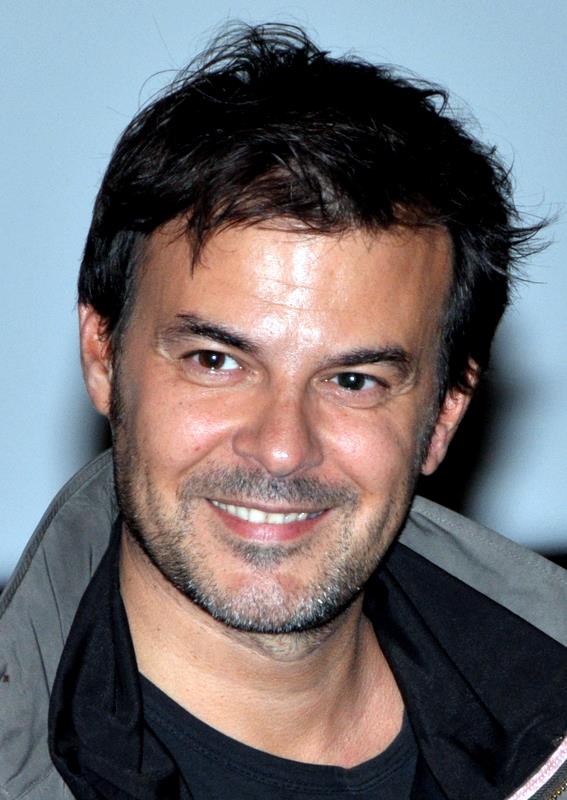Conference of Junia Barreto: Scenophilie: the cinema of François Ozon

Beyond the different digital formats that hold our attention, screens are primarily images. Images that are at the center of the writing of contemporary cultures, strongly focused on the audiovisual. The filmmakers' experience is unique in addressing this issue. The cinema has developed by questioning ever more intensely the types of representation of the world and the relationships that it establishes with the spectators. At present, he is seizing technologies of the digital age as an industry, but draws on the most diverse cultural sources as it is an art modifying the writing of the world.
Heir of the Nouvelle Vague, filmmaker François Ozon observes the uncertainties of our time, allowing us to reflect on the status of images to think about society. Each of her creations exalts the happiness of staging and presenting unique attitudes and lives that question our certainties. Ozon has a predilection for different scenes from the arts - literature, theater, music, cinema itself - and the idea of staging and performance. His fictions are marked by the mixing of genres and he produces a materialistic critique of digital life through a kind of artistic sampling.
De là notre thèse considérant le mouvement de l’écriture ozonienne comme marqué par ce que nous nommons « scénophilie », c’est-à-dire, un état constant de productions de narration. Ce terme indique également que l’écran où se projette le film accueille les traces de processus divers et complexes (ce qui engagerait une intermédialité). La mise en scène, quel qu’en soit le support, devenue une dimension permanente des rapports humains, nous permet d’explorer l’hypothèse de l’existence d’une “scénographie généralisée” - la scénophilie, devenue un mode d’intervention dominant la création contemporaine et dont l’œuvre de François Ozon nous semble paradigmatique.